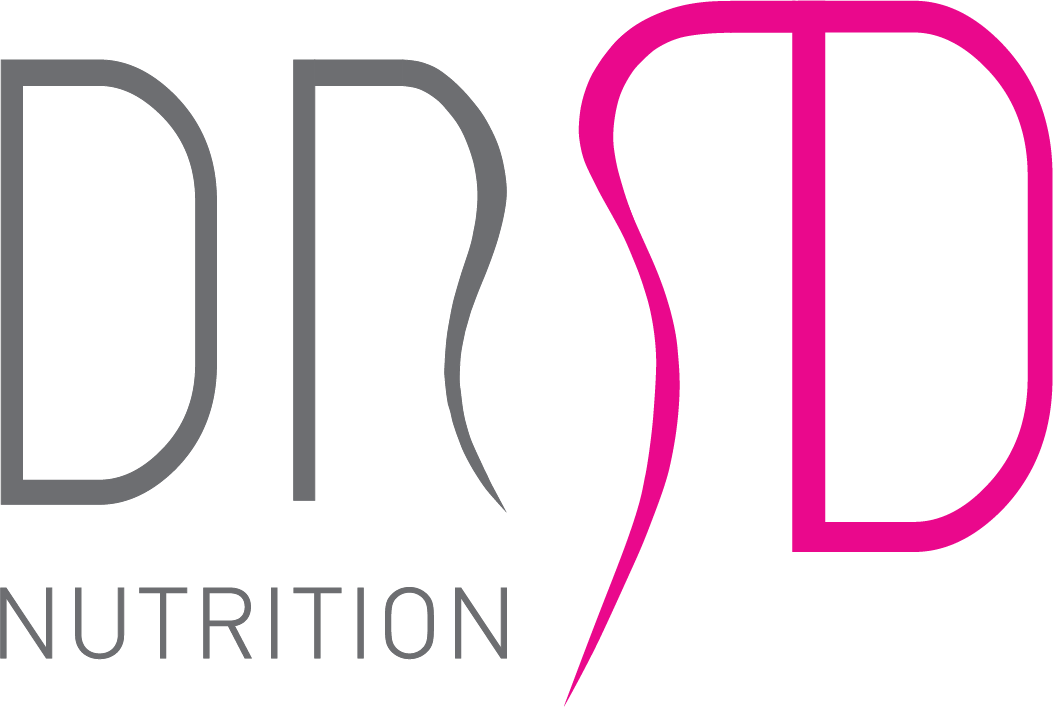Detox diets claim to purify our body by removing toxins and other waste products. They are very popular because they promise quick results, weight loss and overall wellness. However, it is important to remember that these diets have been created by the weight loss industry to maximise profits. Their marketing teams are experts in developing products that respond consumers’ goals and vulnerabilities, despite any long-term risks.

Types of detox and different functions
There are different kinds of detox diets. They can be classified into several sub-categories, such as:
- - Consuming liquids only: water, tea, juices, and smoothies
- - Eating only vegetables and fruit;
- - Practicing fasting for a short period of time;
- - Taking pills and food supplements;
- - Eliminating alcohol, coffee, and processed foods;
- - Excluding grain and dairy products.
These types of diets promise rapid weight loss, to strengthen our immune system and energy levels and improve our digestion. These diets can vary in their restriction levels and can last from one day to a few weeks. However, it’s often left out that many of them are only effective because of their diuretic and laxative components. These pills can be dangerous when they’re abused. Dehydration can happen because they cause the body to eliminate water excessively. Additionally, these pills can have negative effects on the intestinal microbiota, the good bacteria that in live our intestines. They can be excreted from the body in our stools.
Does our body need to be detoxified?
Our body is capable of cleansing itself, in fact, it does it all the time! Our body has various systems that eliminate toxins and other waste products from the body, such as: the liver, kidneys, gastrointestinal system, skin, and lungs. For example, when a person drinks alcohol, consumes processed meals or takes medication, their liver will simply work a little harder to digest and excrete those.
Moreover, there is no reliable scientific evidence that detox diets do what they claim; there is no strong research that they remove toxins from the body or promote long-term weight loss. Diets, pills, and other nutrition interventions that claim to magically solve our problems are generally not effective long term. These approaches produce quick results that individuals cannot maintain over time.

So why do people feel better after having followed a "detox"?
It's because detox diets often promote principles of healthy lifestyle guidelines. People who follow these diets add healthy habits to their lifestyle, for example:
- - Eating more vegetables and fruits.
- - Consuming less processed foods.
- - Making water the beverage of choice.
- - Exercising regularly.
- - Consuming alcohol in moderation.
- - Maintaining a regular sleep schedule.
Are there risks associated with detox?
Detox diets can be dangerous for your health, depending on their duration and level of restriction. It’s important to consult a health care professional such as a doctor or dietitian beforehand. This is especially important if you are taking medication; interactions between drugs and supplements or foods could cause serious side effects.
In fact, it’s important to be particularly vigilant to the risks of over-consuming supplements, laxatives, diuretics, and even water. This could lead to dehydration.
Detox diets tend to exclude food groups for a certain period of time, which limits the variety in our diet. For example, if dairy or cereal products are excluded and not replaced by substitutes, our diet will likely be missing essential nutrients found in these foods. Another dangerous trend is extreme fasting, this can lead to serious deficiencies in protein and vitamins, an electrolyte imbalance, and low blood sugar. In the long term, these types of behaviors can lead to serious complications, such as malnutrition and, in some cases, even death.
Other interesting facts
Another aspect to consider with detox diets is the cost of the tablets and other products they recommend. Juices, smoothies, and supplements prove to be very expensive. Additionally, this industry is poorly regulated. This means that oftentimes the ingredient list written on the product does not match the actual content of the tablets. It seems unnecessary to pay for an expensive product that can be dangerous to our health.
References
- - Klein, A.V. Kiat, H. (2015). Detox diets for toxin elimination and weight management: a critical review of the evidence. Journal of Human Nutrition and Dietetics. 28, 675–686. Retrieved on January 14th, 2021 from https://doi.org/10.1111/jhn.12286.
- - The association of UK Dietitians. (2021). Food Fact Sheet: Detox Diets. The official journal of the British dietetic association. Retrieved on January 14th, 2021 from https://www.bda.uk.com/resource/detox-diets.html.
